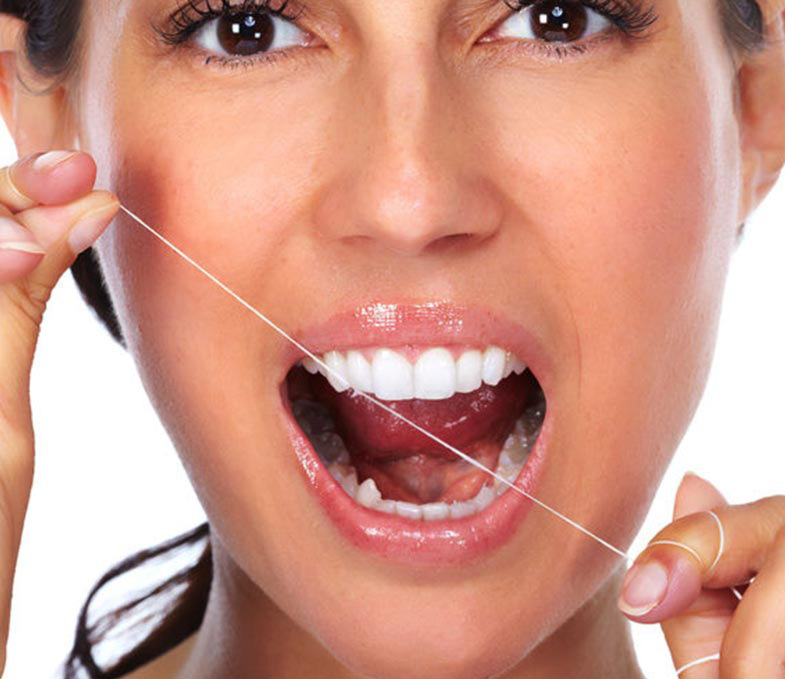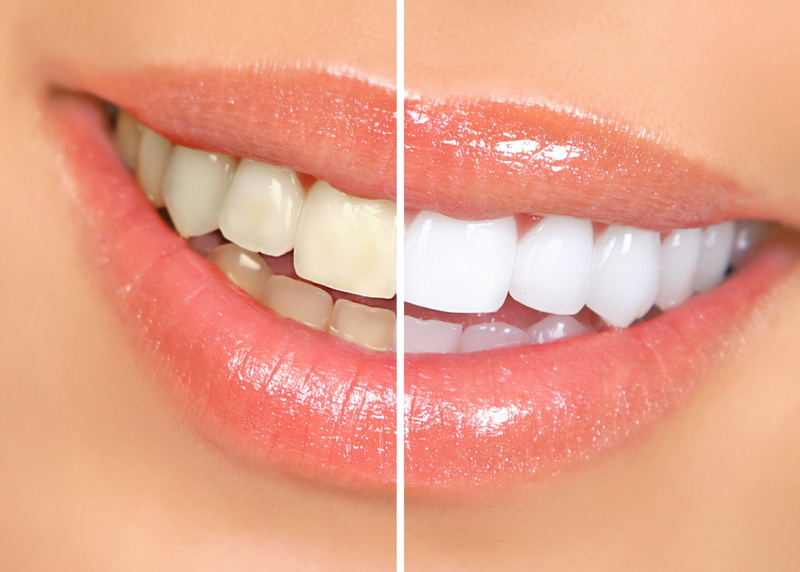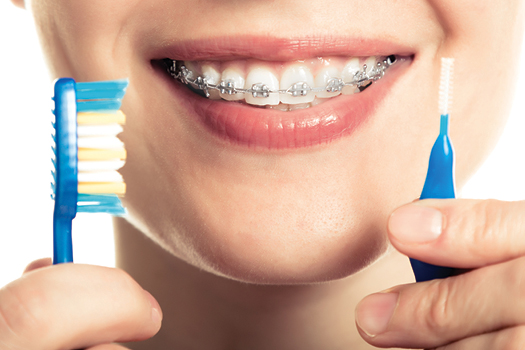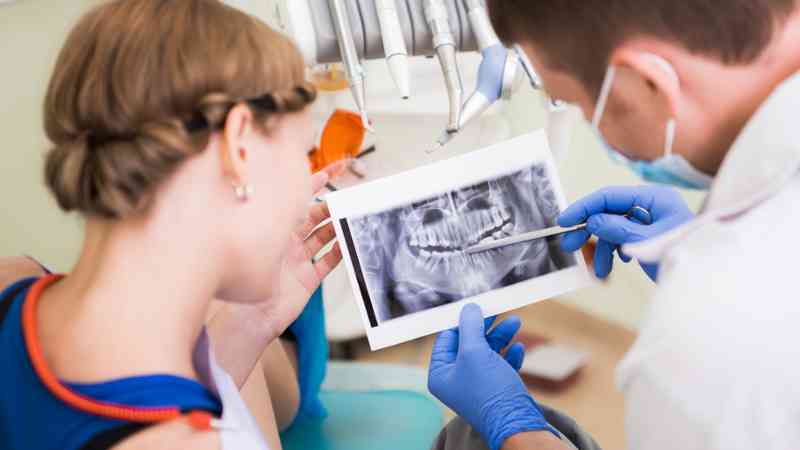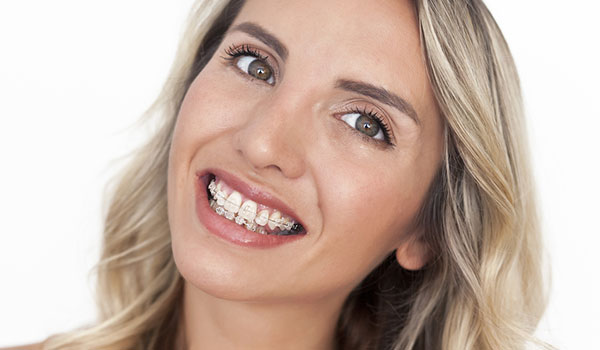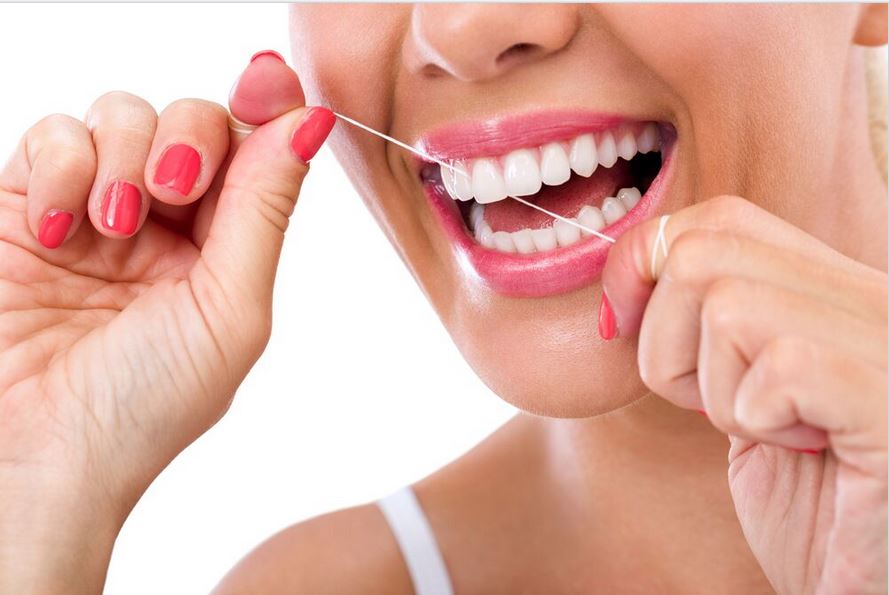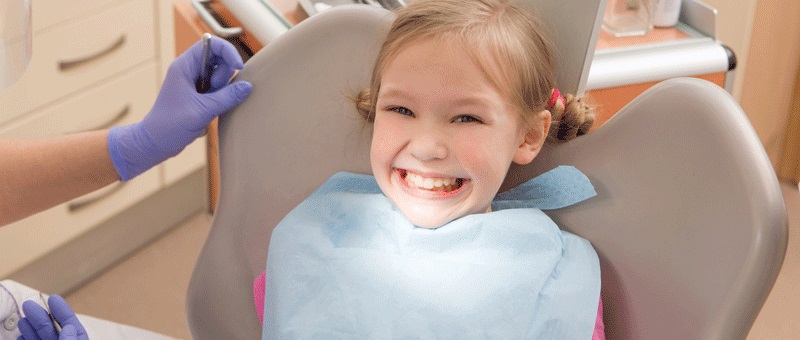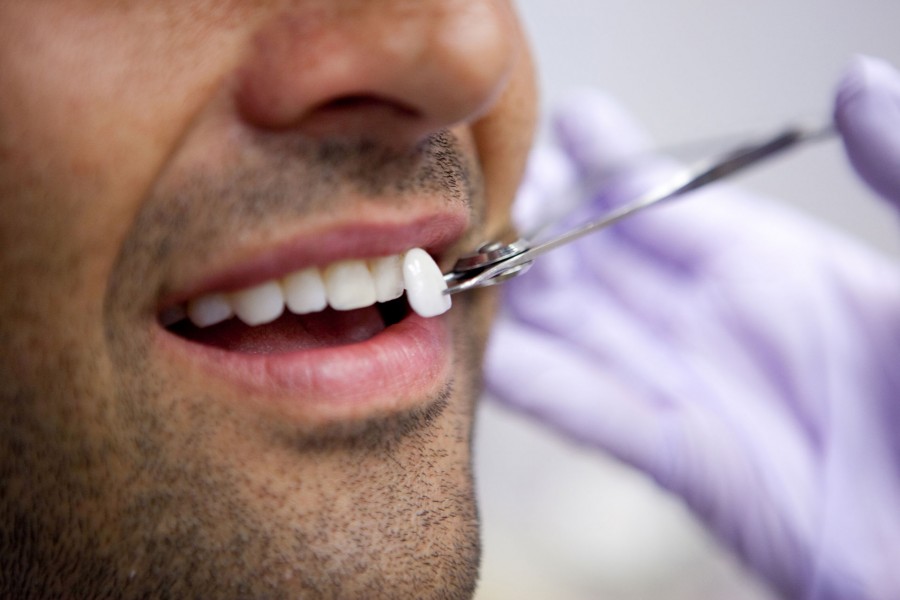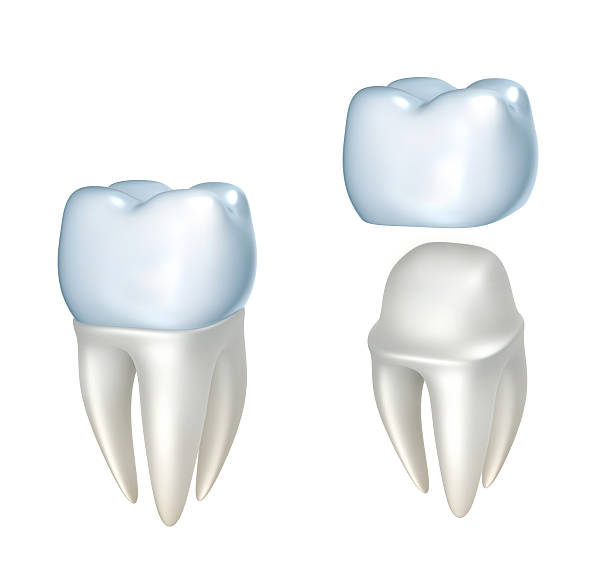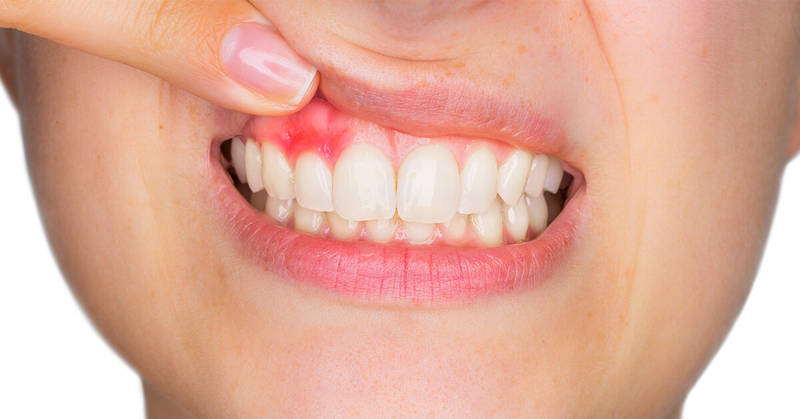Periodontitis – Gum Disease
Periodontitis (gum disease) has been linked with an increase in atherosclerotic cardiovascular disease (thickening of the blood vessels). This can cause heart attacks and strokes. Periodontal disease is also linked with diabetes, low birth weight and rheumatoid arthiritis. Bleeding gums is often the first sign of gum disease. Call North Road Dental Clinic if you have bleeding gums to be assessed. It is important to establish a good regime at home to prevent oral disease and maintain oral health. Firstly, avoid simple sugars as much as you can. If you are going to have sugary food or drinks (we’re all human!) then try and keep it to a mealtime (when saliva flow is increased to wash away the sugars) or follow the sugar with either water or milk. The people who have the most dental decay may not eat the most sugar, but they do have it more frequently!
About Flouride & Cleaning
Get some fluoride on your teeth! This helps to repair your teeth and keep them more resistant to dental decay. The most common way to do this is to use toothpaste (remember NOT to rinse your mouth with water after for the best result, the longer the contact time, the better it will work). You can supplement this by using a fluoride containing mouthwash – make sure it does contain fluoride as some don’t and stick to alcohol free. Clean your teeth – ideally at least twice a day for 2+ minutes with a brush. Electric ones are proven to be more efficient. You also need to clean the parts the brush can’t reach between teeth, with either dental floss or an interdental brush (Pikster, Tepe brands are common). If you don’t do this regularly you may notice your gums bleed. Don’t let this put you off, persevere and they will stop bleeding when cleaned, usually in a couple of weeks once they are healthy. If the bleeding persists that may be a sign you have more severe gum issues so it is best to make an appointment. Make an appointment at North Road Dental Clinic so we can check your oral health which is so important to your overall health.
Read More
